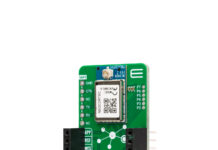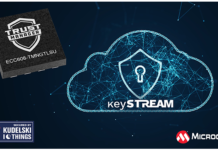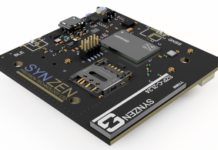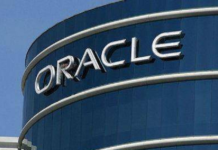
This is the year that we are seeing business networks based on blockchain put into production around the world. Early adopters are using this technology to reimagine their industries, developing new ways of interaction that reduce friction and foster innovation. There are a multitude of companies working with IBM to implement blockchain solutions for various different use cases. I’d like to share a few that I hope may help you envision how you can use blockchain to advance your business.
Increasing efficiency with trucks and loads mapping
IBM and AOS, a Colombian company specializing in providing business solutions, are collaborating to create a solution to enhance efficiency in the logistics and transport industry throughout the country, built on IBM Blockchain and Watson IoT.
Traditionally, supply chain transactions are completed manually, creating delays and a higher risk for recording error, which can cause differences between what was recorded and what was actually loaded. By digitizing this process using blockchain and Watson IoT, the relevant information is captured directly from the sensors placed on the trucks, and entered onto the blockchain, creating a single, shared repository that all authorized participants can access and which can only be altered with consensus from all parties.
With the solution, once the truck leaves the distribution point, an automatic message is sent to the customer, informing them about the load, weight and estimated time of arrival. If part of the delivery is returned, the invoicing can be automated depending on the actual load delivered. Also, through the sensors located on the trucks, an information repository is generated using IoT and blockchain, which tracks all the exchanges, stops and transactions made by each truck and its respective load, from the distribution point to the final customer. This heightened level of transparency can help increase accountability between shippers and their customers, promoting the flow of business.
The new solution integrates Watson IoT to monitor what is happening with the trucks. The solution captures the input and output weight to define available capacity as well as which silo and which person will carry the load; and that data is also correlated to external information, such as weather, humidity, temperature and driver’s data, to estimate delivery time to customers.
Reimagining the Supply Chain
IBM and Maersk have built the first industry-wide cross-border supply chain solution on blockchain.
This global trade digitization solution will benefit the industry using blockchain to manage transactions among network of shippers, freight forwarders, ocean carriers, ports and customs authorities.
The solution enables the real time exchange of original supply chain events and documents through a digital infrastructure, or data pipeline, that connects the participants in a supply chain ecosystem. This promotes sustainable transport by integrating shipping processes and partners, and establishing evaluation frameworks through increased transparency and trusted access.
The blockchain solution based on the Hyperledger Fabric and built by IBM and Maersk, will be made available to the shipping and logistics industry. The solution will help manage and track the paper trail of tens of millions of shipping containers across the world by digitizing the supply chain process from end-to-end to enhance transparency and the highly secure sharing of information among trading partners. When adopted at scale, the solution has the potential to save the industry billions of dollars.
Use cases for IoT and blockchain
If you’re still asking yourself whether IoT and blockchain is right for you, do you have current scenarios that involve agreements among a group of parties which have a need to share information? Are you trying to track or trade something of value where multiple parties have a vested interest?
Here are some examples that are unique to the Internet of Things.
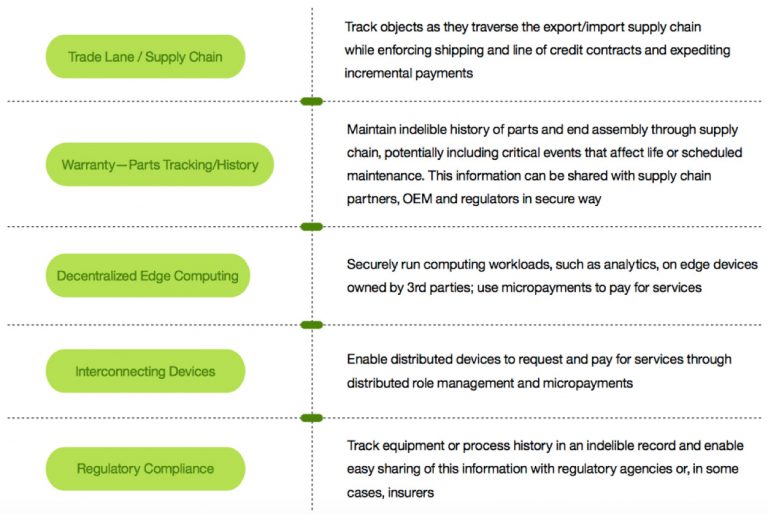
Written by: Chris O’Connor



